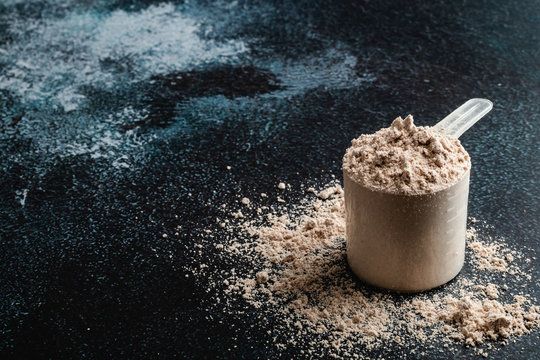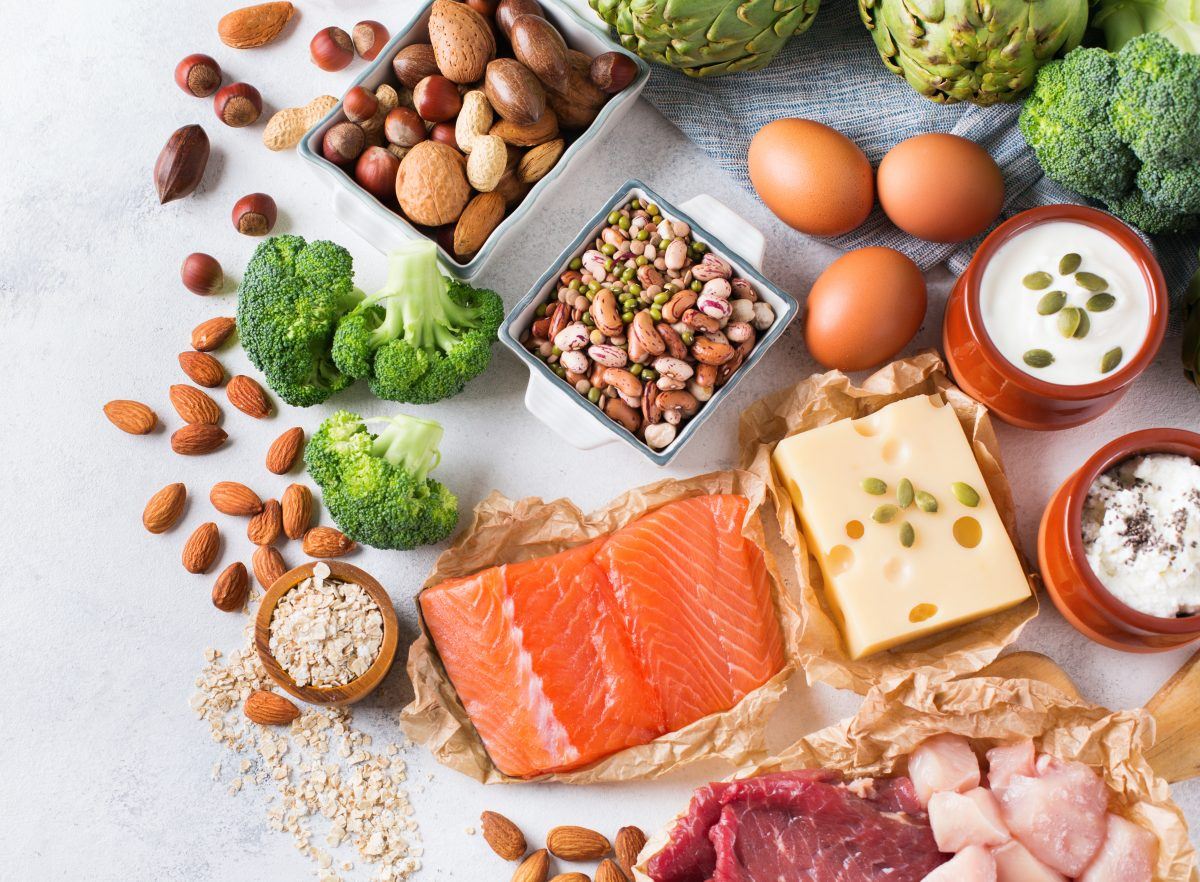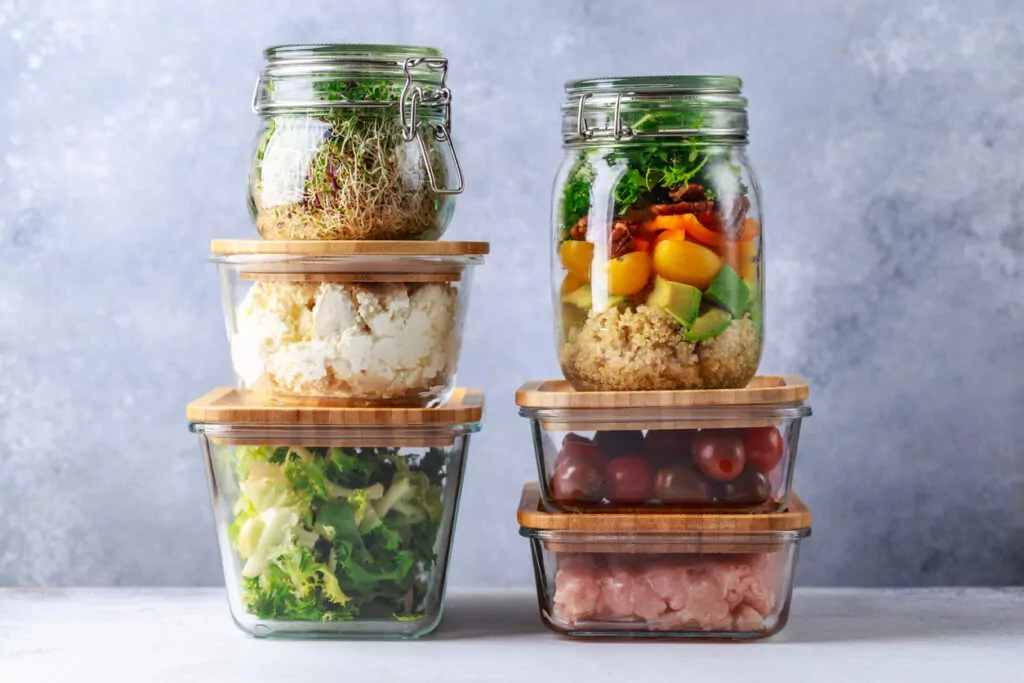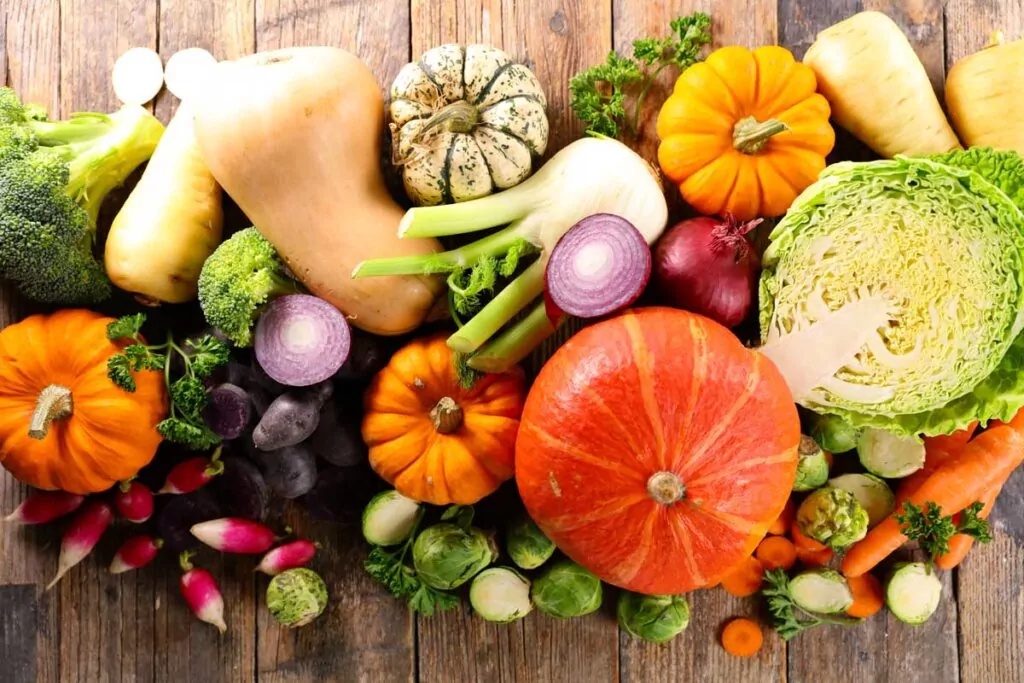Protein: the elusive macronutrient for which many of us struggle to meet our targets. Have you been tasked by your nutrition specialist to eat more protein? Or maybe you want to maintain muscle during a calorie deficit, or start building muscle during weight maintenance? Here are 10 ideas for high-protein, low-calorie snacks. Use these ideas on their own, or as inspiration to beef up your meals and/or snacks.
1. Greek Yogurt
This first option is no surprise. Plain nonfat and low-fat greek yogurt are well-known high-protein snacks that are also low-calorie. A typical serving size of 3/4 cup boasts 18g protein for 90 calories (Fage 0%), or 17g protein for 120 calories (Fage 2%). Top this with half a cup of berries to add only 30 additional calories.
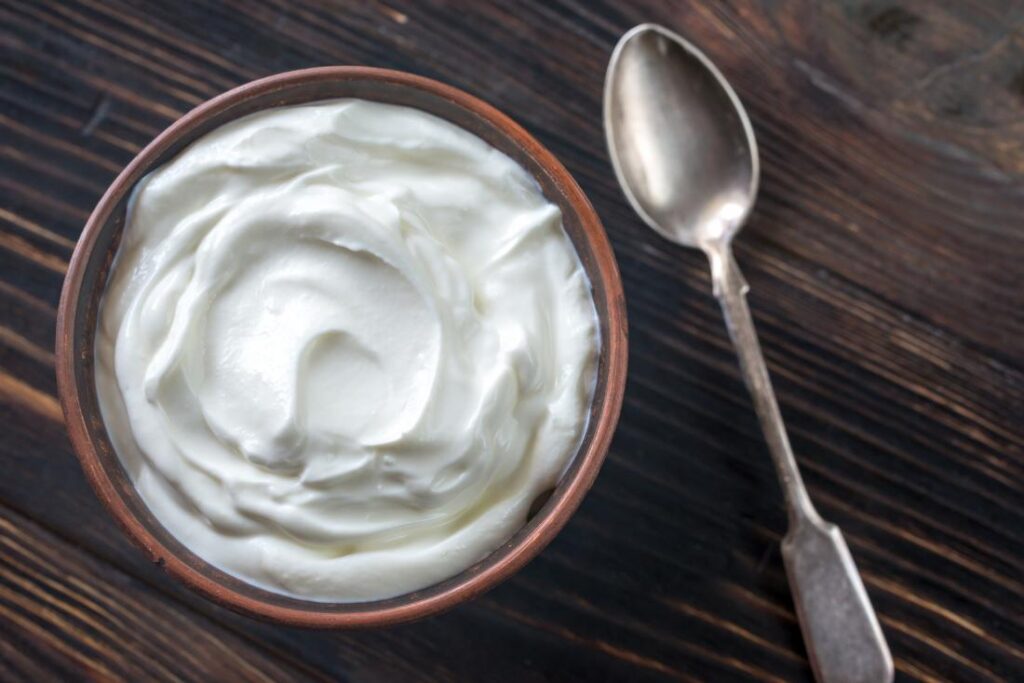
2. Cottage Cheese
With similar nutrition stats as greek yogurt, a cup of fat-free cottage cheese is 25g protein for 123 calories. A cup of low-fat cottage cheese is 24g protein for 183 calories. Like greek yogurt, this goes well with berries. For a savory twist, top it with Everything But the Bagel Seasoning.
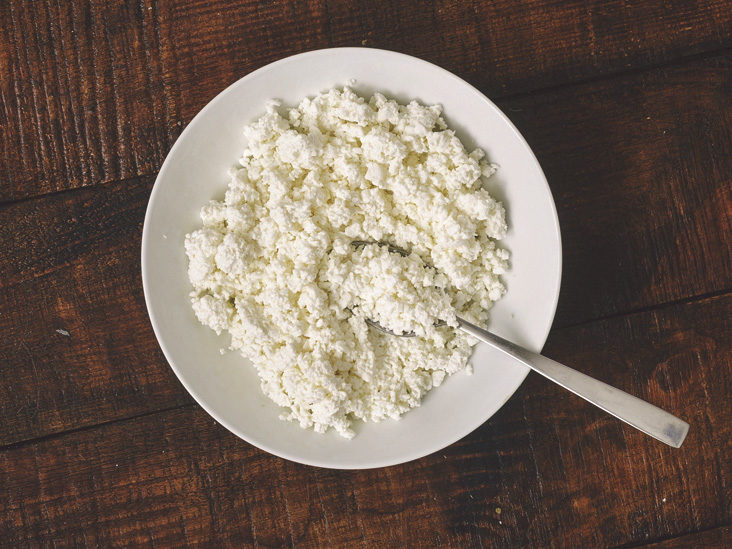
3. Canned Tuna
Next, we have tuna. It’s very lean, making it another high-protein option. Out of the little fat it does have, much of it is omega-3 fatty acids. A 5oz can of light tuna is 20g protein for 90 calories. To make plain canned tuna a bit tastier, mix in a creamy add-in, plus veggies, such as greek yogurt or low-fat mayonnaise, chopped celery and onion, plus herbs and spices of choice. Also try this green goddess tuna salad recipe. Serve on endive leaves, cucumber slices, or as a dip for celery and carrot sticks.
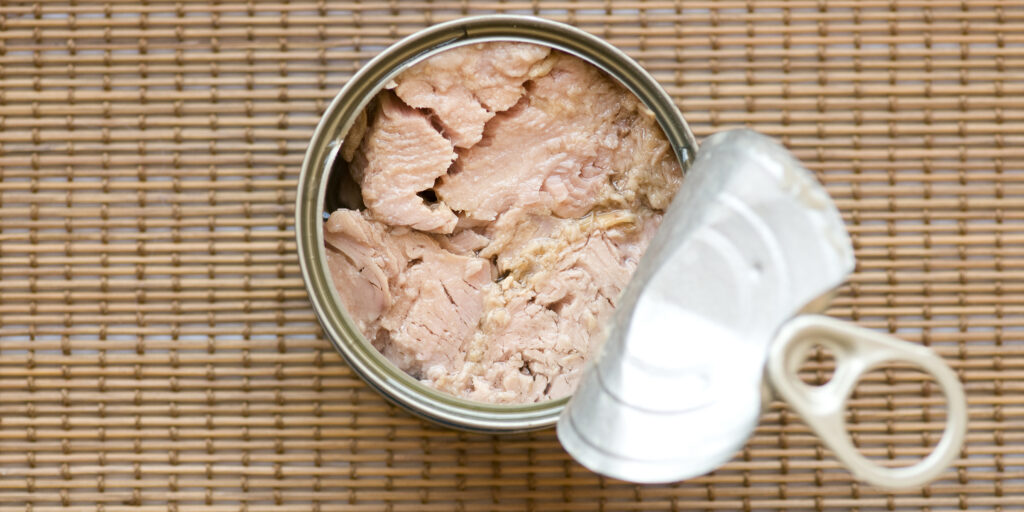
4. Chicken Breast
At 26g protein and 123 calories for 4oz cooked skinless chicken breast, this staple can be made various ways. For example, try shredded chicken or blackened chicken on top of salad greens + light dressing of choice (such TJ’s green goddess, balsamic vinegar, or lemon juice) for a basic mini meal.
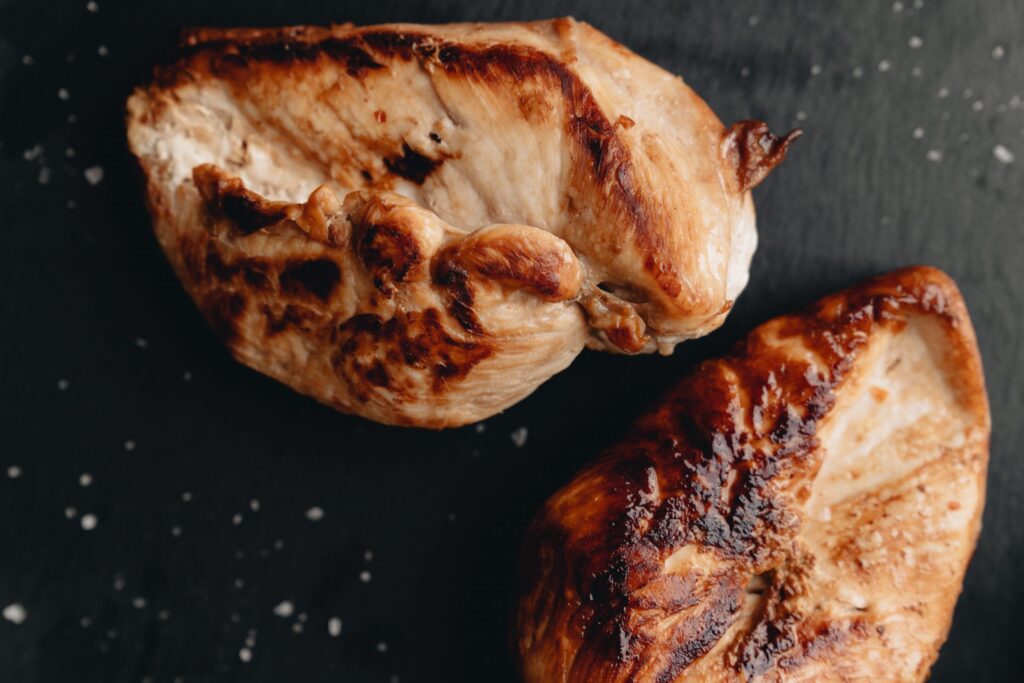
5. Deli Turkey Breast
Similar to chicken breast, turkey breast is also a lean high-protein choice, at 24g protein and 100 calories for a serving of 4oz. Roll up veggies with the slices. Look for one with minimal ingredients such as True Story (just turkey and salt) or Dietz & Watson Organic (available at Costco).
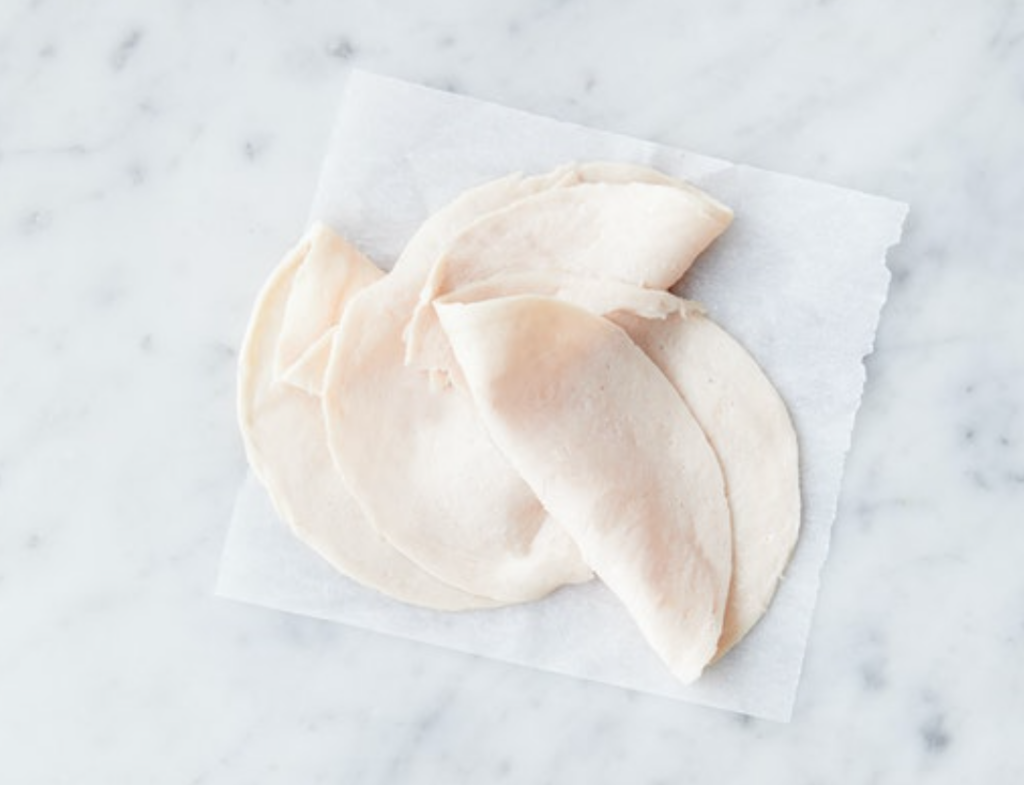
6. Egg Whites
Could an almost-whole food get leaner than this? A pure protein source, egg whites are 26g protein per cup for 125 calories (8-10 large egg whites). Make an egg white omelet with non-starchy veggies of choice in a nonstick pan and oil spray to add minimal extra calories.
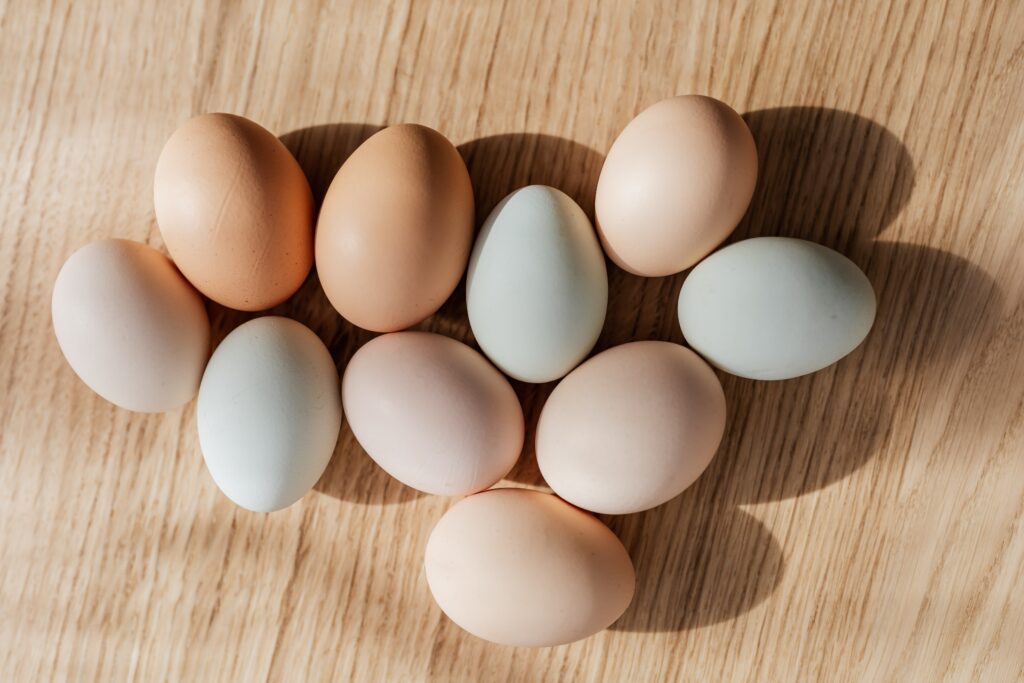

7. Baked Firm or Extra-Firm Tofu
Firm tofu in general is a great vegan high-protein option (9g protein for 90 calories in 3oz). but it gets a fun texture when baked or air fried—do press out the extra water first. Dip in soy sauce or even sugar-free BBQ sauce.
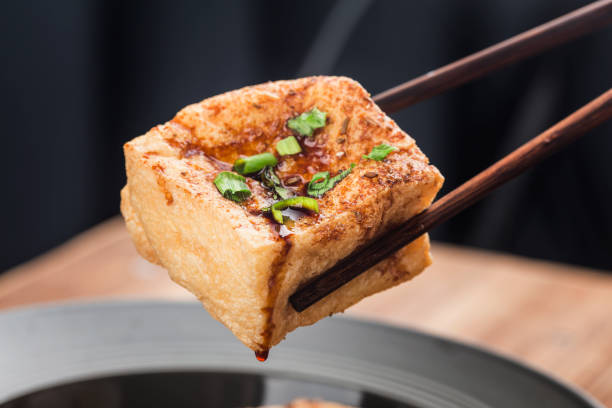
8. Tempeh
Similar to tofu, tempeh is another soy product, but it is fermented to achieve its nuttier, chewier texture. It can also be baked. A 3oz serving of tempeh contains 15g protein for 162 calories.
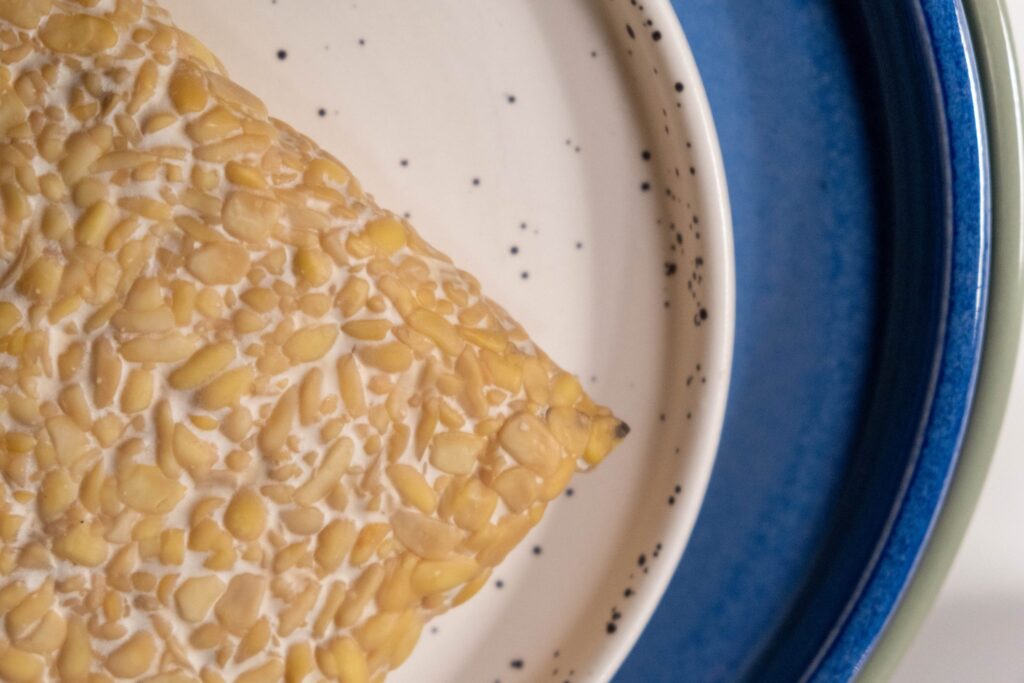

9. Edamame
Edamame deserves an honorable mention. Like tofu and tempeh, young soybeans contain all the essential amino acids, and are also higher in protein per serving compared to other legumes. Try them in the shell as a fresh snack, or dry roasted as a nut-alternative (same crunch, more protein, fewer calories). Fresh shelled edamame has about 9g protein and 94 calories per half cup (¾ cup unshelled yields about ½ cup shelled). Similarly, dry roasted edamame contains 14g protein and 130 calories for ⅓ cup.
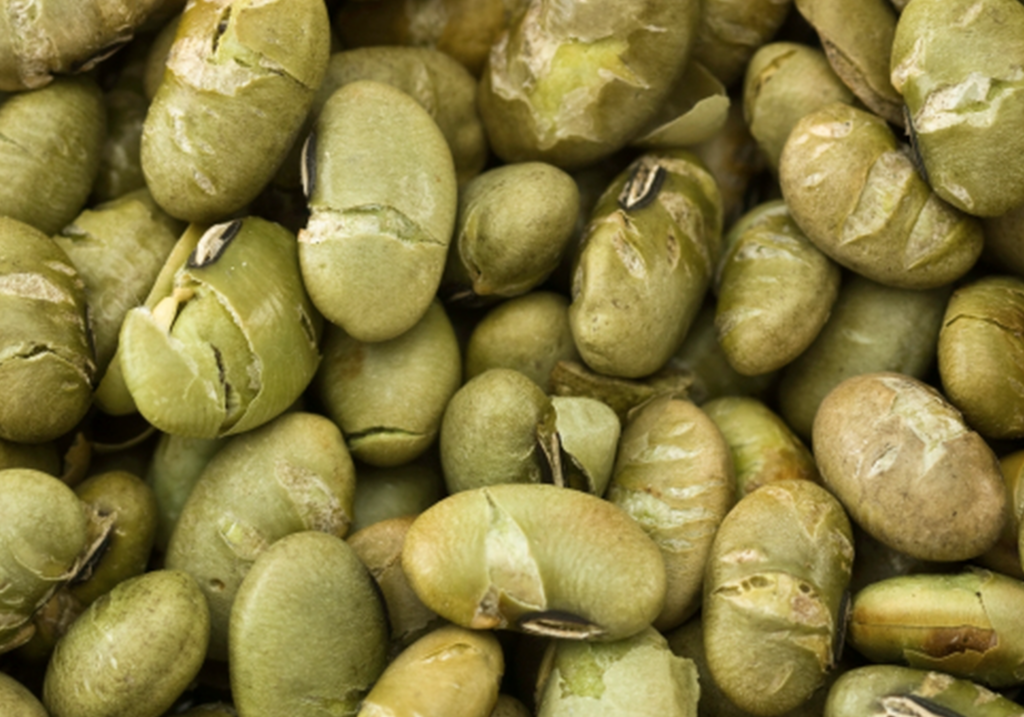

10. Protein Powder
Our final suggestion is protein powder. You didn’t think we’d skip this one, did you? We admit powders are a processed food, but for convenience’s sake, they’re a viable high-protein option. The best all-around choice is a whey protein that is unsweetened, such as Naked Whey (grassfed whey protein concentrate—25g protein and 120 calories for 2 scoops), or Isopure (whey protein isolate—25g protein and 100 calories for 1 scoop). Would you rather have a flavored option? The following options are Consumer Lab tested and approved, though do contain artificial sweetener.
- Optimum Nutrition Gold Standard—24g protein and 120 calories per scoop (the Platinum Hydrowhey version is comparatively easier to digest and leaner—30g protein and 130 calories per scoop)
- MyProtein Impact Whey Isolate (best price—19g protein and 100 calories per scoop)
The best tested vegan product is Amazing Grass Protein SuperFood (no added sugar or sweetener, plant-based, complete protein blend—20g protein and 110 calories per scoop)
Protein Powder Ideas
- Mix it into greek yogurt—plain greek yogurt+flavored protein powder works well
- Shake it up with water and ice in a blender bottle (lowest calorie, quickest option—ice helps the powder mix better into water, and the shake may taste better cold)
- Mix it with unsweetened almond milk (adds calories, but results in a richer taste)
- Tone down the sweetness of a flavored powder by adding a spoonful of greek yogurt to the rest of your liquid
- Blend an unsweetened powder with a flavored one, playing with the ratios to find your ideal proportions
- In a blender or food processor: add protein powder, liquid of choice, half a frozen banana or a half cup of frozen berries, plus half to 1 tbsp nut butter (highest calorie choice, but best tasting—you decide if it’s worth it!)
- Mix it into oatmeal (some love this combo, some not so much, but it’s worth a try)
- Try protein fluff (blending protein powder, a little milk of choice, and frozen berries)
